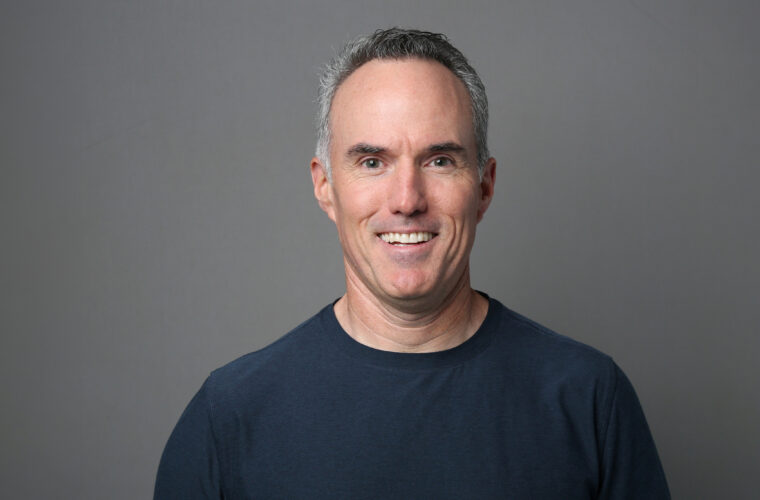We grabbed Jonathan Heiliger, founder, and general partner of Vertex Ventures US, for a quick interview at Dublin Tech Summit. He was invited to the event to speak about how founders can work and hire their investors.
Here is Jonathan in conversation with Fiona Alston.
What does Vertex Ventures do?
Vertex Ventures is a network of funds – we have different funds in India, China, South Asia, Israel, and the US. We started the US fund in 2015, and the common thing that ties all the funds together as we all have the same name and the same anchor investor. But we all raise capital from different investors, families, institutions, endowments, etc., and we all pursue our own strategies.
It’s kind of like a franchise model.
We are the operators, if you will, of the US fund and invest in US-domiciled companies, which includes a lot of founders who emigrated to the US after they started their companies. They come to the US and move their headquarters to the US.
What do investors look for in start-ups so that they can go ahead and decide to invest? What is an excellent start-up profile?
We invest in enterprise software and B2B technology only. We do that because we think we have opinions on it. We’ve been founders in those markets ourselves, so we’d like to invest in the next generation of founders working in that same space.
The founders that we like come to us with curiosity. They have a problem and haven’t figured out how to solve it. They are curious about how to do it, leading them to look for solutions. If there are no solutions in the market, they show up at our door saying they have a problem, couldn’t find a solution, and want to start a company to solve the problem. That’s the type of founder we are dealing with.
According to your experience advising large companies, how easy is it to advise them and have the best outcome?
I’ve done a lot of things over my career, from advising big companies and high-growth companies to being the person getting the advice in those companies and being an operator and trying to learn myself. I would say it’s no easier to advise large companies or small companies.
The job of an adviser is to provide advice, and the job of a founder/executive is to be the one to make decisions.
As investors, our job is to give advice that’s sort of horizontal, like landscape or radar. Because running a company, founders have to kind of be inwardly focused on all things when running their business, growing, hiring, and winning customers.

And so, we tend to advise on a lot of things like giving them a benchmark and six ways of solving the problem – figuring out what is the suitable model to use inside of a company.
I’ve done that at large tech companies, and then I’ve done it at a two-person scale. I wouldn’t say I’m more or less personally effective at it, other than it’s ultimately the adviser’s job or the coach’s job is to give feedback about performance. It’s then up to the founder how they want to implement those changes.
I’ve done a lot of things over my career, from advising big companies and high-growth companies to being the person getting the advice, being an operator, and trying to learn myself.
In your opinion, which countries are leaders in the start-up world and funding?
I think the US is still the number one place from a mentality of founder perspective – the person who’s willing to take a risk, the person who’s willing to quit their job and try their luck, if you will, to solve that problem and satiate the curiosity. I think it’s cultural.
I think it’s the philosophy that we live to work, we don’t work to live, and it becomes very self-fulfilling.
At least through our lens, I think that the thing that makes Silicon Valley special, in particular, not just the US, but this one place, like Hollywood for movie stars, is the go-to-market expertise. That is uniquely top tier, if you will, in Silicon Valley, relative to anywhere else in the world.
But a little bit also depends on the type of business that the founder is starting. If they’re starting a 15-minute delivery company or scooter-sharing firm, do you need to have a presence in the US? Or in Silicon Valley? Absolutely not. But should you have a presence in the US if you’re starting a new security company or a new type of CRM to take down Salesforce? Do you want to hire people who have experience working in other start-ups? Absolutely.
Please give us three crucial steps start-ups need to do to lock in funding.
I think the founder-to-investor matchup happens most quickly when there are curious people on both sides and an alignment of interests and values.
A founder must think through at least the next six to eighteen months of their business. What are they going to do in the early stages at the beginning? How are they going to do it? Do they know who they’re going to hire – not Karen, Bob, and Billy, but what type of person – to maximize their chances for rapid funding?



